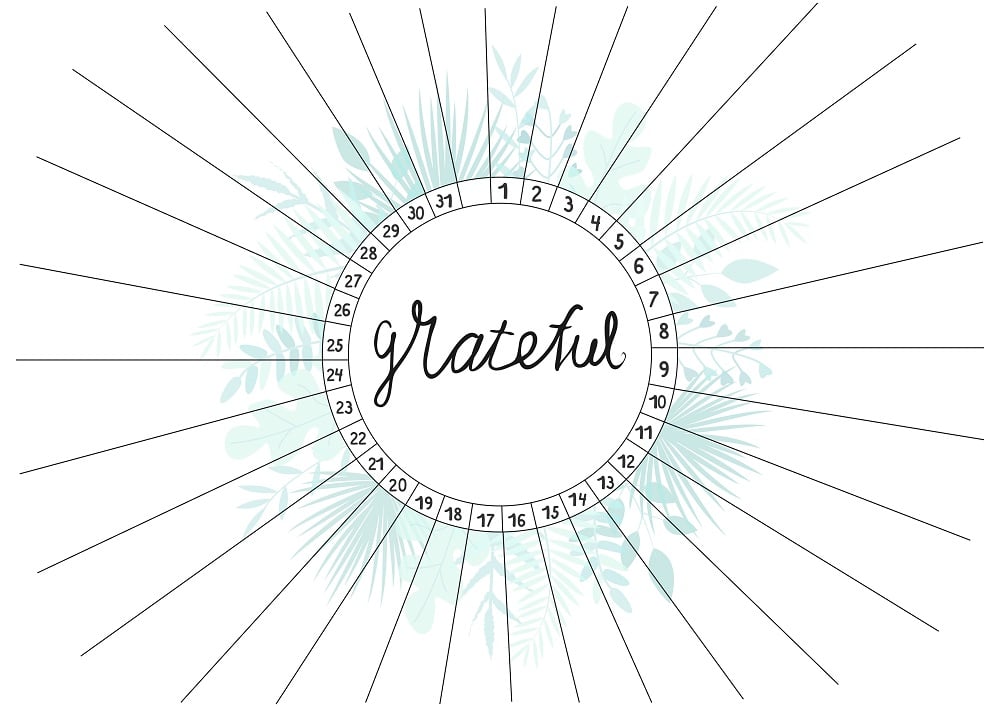The Mental Health Benefits of Gratitude for Kids & Teens
The Mental Health Benefits of Gratitude for Kids & Teens

Although the Thanksgiving holiday is behind us, continuing the practice of gratitude has mental health benefits for all of us. Gratitude may be especially helpful for kids and teens who suffer from symptoms of anxiety and depression, given its ability to improve symptoms associated with both of these categories of mental health disorders. Here are a few ways that gratitude can be helpful for kids and teens:
1. Expressing Gratitude Improves Mood
Simply writing or stating a reason to be thankful can improve mood. Encourage kids and teens to make a habit of expressing gratitude and they are more likely to report positive emotions such as happiness and satisfaction. This can help to improve symptoms of anxiety and depression, both of which limit the amount of pleasant, positive emotions that are experienced day-to-day.
2. Gratitude increases social connection.
Sharing gratitude can improve our children’s social bonds with family and friends. In a recent study of high school adolescents’ social media use and gratitude, results suggest that gratitude may be associated with the use of social media for meaningful conversations but does not increase overall social media use (Maheux et al., 2021). This is good news for our kids and teens who have been more connected to peers through social media since the start of the COVID-19 pandemic. Try encouraging more #gratitude posts and reap the benefits of stronger friendships.
3. Gratitude helps to reduce suicide risk.
Previous research has established that gratitude reduces suicide risk in young adults by reducing depression and increasing self-esteem (Lin, 2015). In a more recent study, positive self-compassion that includes gratitude helped to reduce suicide risk among adolescents following a traumatic experience (Liu et al., 2020). Given the increased risk of suicidal ideation for teens struggling with anxiety and depression, the use of gratitude can help to manage of one mental health’s most dangerous symptoms.
4. Practicing gratitude improves sleep.
Both anxious and depressed children tend to experience disturbances in sleep, and gratitude may be the answer. Thinking about the things we are grateful for just before bed can improve sleep quality and duration (Wood et al., 2008). Try a little gratitude journaling or saying a prayer of gratitude at bedtime to activate these grateful thoughts.
5. Parents and caregivers can model gratitude at home.
Good news! When parents are more grateful, their children often express more gratitude (Rothenberg et al., 2016; Hussong et al., 2018). As we continue a season of gratitude this year, be sure to model your gratitude by sharing thanks for the people and things that bring joy to your life. Bonus points if you turn this exercise into a way to praise your children (e.g., “I am so grateful that my kids work hard in school and have been so helpful around the house.”) and reap the benefits of increased joy and positive emotion.
How will you and your family benefit from more gratitude this year?
References
- Hussong, A. M., Langley, H. A., Rothenberg, W. A., Coffman, J. L., Halberstadt, A. G., Costanzo, P. R., & Mokrova, I. (2018). Raising grateful children one day at a time. Applied Developmental Science, 23(4), 371–384. https://doi.org/10.1080/10888691.2018.1441713
- Lin, C. C. (2015). The relationships among gratitude, self-esteem, depression, and suicidal ideation among undergraduate students. Scandinavian Journal of Psychology, 56(6), 700–707. https://doi.org/10.1111/sjop.12252
- Liu, A., Wang, W., & Wu, X. (2020). Understanding the Relation Between Self-Compassion and Suicide Risk Among Adolescents in a Post-disaster Context: Mediating Roles of Gratitude and Posttraumatic Stress Disorder. Frontiers in Psychology, 11. https://doi.org/10.3389/fpsyg.2020.01541
- Maheux, A. J., Nesi, J., Galla, B. M., Roberts, S. R., & Choukas‐Bradley, S. (2021). #grateful: Longitudinal Associations between adolescents’ social media use and gratitude during the COVID‐19 pandemic. Journal of Research on Adolescence, 31(3), 734–747. https://doi.org/10.1111/jora.12650
- Rothenberg, W. A., Hussong, A. M., Langley, H. A., Egerton, G. A., Halberstadt, A. G., Coffman, J. L., Mokrova, I., & Costanzo, P. R. (2016). Grateful parents raising grateful children: Niche selection and the socialization of child gratitude. Applied Developmental Science, 21(2), 106–120. https://doi.org/10.1080/10888691.2016.1175945
- Wood, A. M., Joseph, S., Lloyd, J., & Atkins, S. (2009). Gratitude influences sleep through the mechanism of pre-sleep cognitions. Journal of Psychosomatic Research, 66(1), 43–48. https://doi.org/10.1016/j.jpsychores.2008.09.002




















